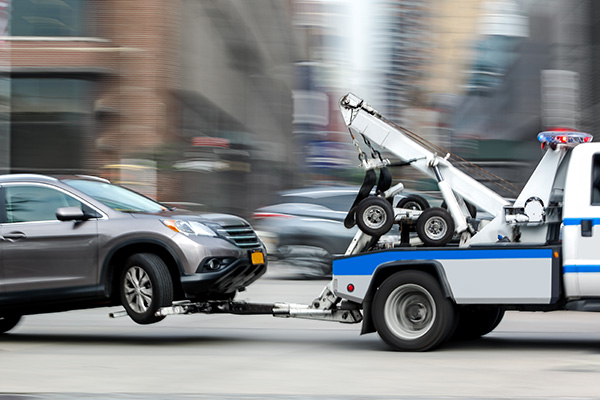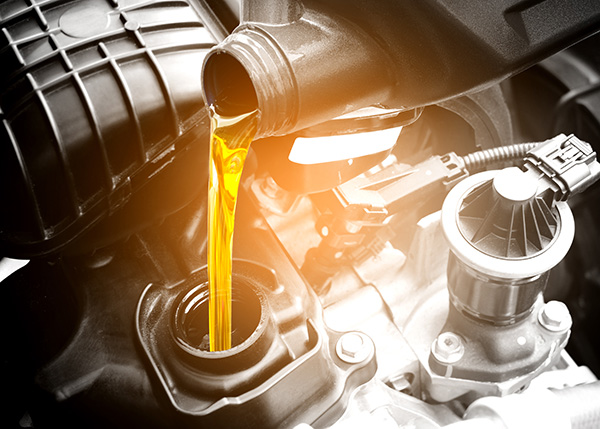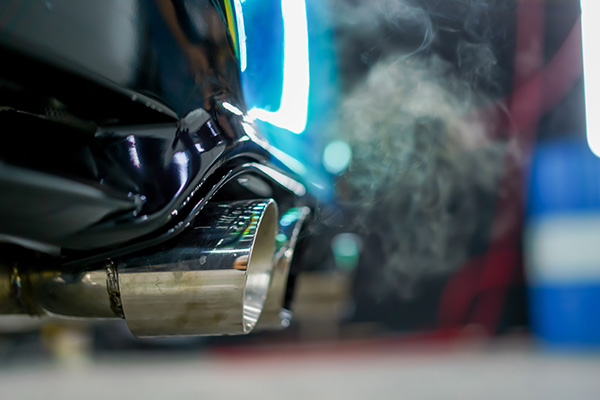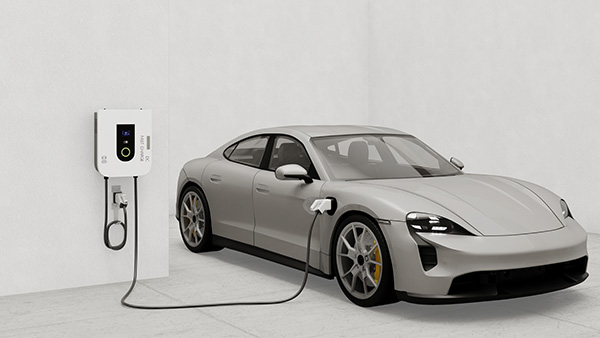Posted on 12/21/2024

Driving in wet weather is a challenge many of us face, especially in places like Doral, FL, where heavy rain can strike unexpectedly. But how exactly does wet weather affect your car’s ability to stop? It’s not just about water on the road—it’s a combination of reduced tire grip, longer reaction times, and the potential for unseen hazards. Let’s see why stopping distances increase during wet weather and how you can stay safe. What Happens When Roads Get Wet When rain falls, it creates a layer of water on the surface of the road. This can reduce the friction between your tires and the pavement, making it harder for them to grip the road effectively. If your tires are old or underinflated, the issue becomes even worse. That lack of traction is the main reason why stopping distances increase significantly when the road is wet. But there’s more to it. Wet roads also amplify the risk of hydroplaning. This happens when your tires lose c ... read more
Posted on 11/29/2024

SUVs have become the go-to vehicles for families, adventurers, and anyone who appreciates extra space and versatility. They promise comfort, safety, and reliability, but like any other vehicle, SUVs are not immune to issues. Whether you’re driving a compact crossover or a full-sized beast, understanding common problems can help you stay ahead of costly repairs. So, what should you watch out for if you own an SUV? Transmission Troubles One of the most common complaints among SUV owners involves the transmission. Issues like delayed shifting, jerky gear changes, or total failure often crop up, particularly in older or heavily-used SUVs. These problems may be due to wear and tear, poor maintenance, or overloading the vehicle. For SUVs used for towing or carrying heavy loads, the transmission system works harder than usual, increasing the risk of overheatin ... read more
Posted on 10/31/2024

When it comes to maintaining your car’s engine, choosing the right type of oil is crucial. Many drivers face the dilemma of whether to stick with conventional oil or make the switch to synthetic oil. Both options have their pros and cons, but if you’re wondering, “Is synthetic oil really better for my car?”. The answer depends on your driving habits, the environment, and your vehicle’s needs. We’ll explain the key differences between synthetic and conventional oil and explore the benefits synthetic oil brings to your engine. Synthetic Oil vs. Conventional Oil Conventional oil is derived from crude oil, refined, and used in engines to provide essential lubrication. It’s been around for decades and does its job effectively for most standard vehicles. Synthetic oil, on the other hand, is engineered in a lab to have a more consistent molecular structure, leading to superior performance in various conditions. It’s created to ... read more
Posted on 9/30/2024

Have you ever heard a strange noise coming from your car’s exhaust and wondered what it could mean? Unusual sounds like rattling, hissing, or even loud popping can be alarming, and they often indicate that something isn’t quite right with your vehicle. While ignoring these noises is easy, doing so can lead to bigger problems. Identifying the cause of these noises early on is key to keeping your car running efficiently, whether it's a minor issue or something more serious. We'll share some of the most common reasons your car’s exhaust might be making strange sounds. Exhaust Leak One of the most common causes of unusual exhaust noise is a leak. If your car is producing a hissing sound, particularly when accelerating, an exhaust leak could be the culprit. Leaks typically occur when parts of the exhaust system become damaged, corrupted, or worn out, allowing exhaust gasses to escape. These leaks not only create a noise issue but also pose a pote ... read more
Posted on 8/27/2024

Electric vehicles (EVs) are rapidly becoming more popular as concerns about environmental sustainability grow and technology continues to advance. One of the main questions people have when considering an electric car is whether they’re cheaper to maintain compared to traditional gas-powered vehicles. With fewer moving parts and an entirely different powertrain, EVs come with a unique set of benefits and challenges. Fewer Moving Parts Means Less Wear and Tear One of the biggest reasons EVs are generally cheaper to maintain is that they have fewer moving parts compared to a gasoline-powered engine. An internal combustion engine has hundreds of parts working together, including pistons, crankshafts, valves, and fuel injectors, all of which require lubrication, cooling, and periodic replacement. Electric vehicles, on the other hand, rely on a battery and electric motor, drastically reducing the number of components that can wear out. For example, there’s no ... read more